Immediately after the 11th National Party Congress was successfully concluded in Hanoi, a Radio Voice of Vietnam (VOV) correspondent in France interviewed Dr Philippe Delalande about his assessment of this major political event.
VOV: What is your assessment of the results of the Party Congress which has just ended in Hanoi?
Mr Philippe Delalande: This Party Congress affirmed its determination to persist with the Doi Moi (Renewal) process and highlighted urgent issues that need to be resolved such as environmental protection, social injustice and State management.
One of the new political events was an increase in the number of official members of the Party Central Committee, from 160 to 175. This has allowed the Party Central Committee to have more representatives from different provinces and cities across the country.
VOV: Political stability is one of Vietnam’s advantages you often mentioned in your books and seminars on Vietnam. Can you elaborate on this issue?
Mr Philippe Delalande: If someone talks about the limitations of Vietnam’s single political Party, I can say that this political regime has good points and political stability is an important and positive advantage. Many other Asian countries are politically unstable but not Vietnam. This accounted for the success of the renewal process. Thanks to political stability Vietnam has carried out its consistent economic policy since the 1990s.
Another advantage is that political stability has helped create a political unanimity within the country as all areas, regions, social groups and ethnic minority groups have their own representatives.
However, according to some opinions, there is a danger that can result in passivity but you should wait and see in the next five years. In reports presented at the Party Congress, Vietnamese politicians attached great importance to dealing with major national issues such as social injustice, the development of healthcare system and better management of State-owned enterprises (SoEs).
VOV: As an economist, what is your assessment of the current economic situation in Vietnam? What are the challenges and prospects for the country’s economic development?
Mr Philippe Delalande: Vietnam has recovered well from the global economic crisis with its economic growth rate reaching 5 percent in 2009. In 2010, the national economy grew at 7 percent. This is a good result compared to the growth rates in Europe and America or some other regions. Yet Vietnam is facing some huge challenges such as high inflation and balance of payment deficit. But I think that Vietnam can find financial sources to make up for this deficit because its public debts account for just 40-45 percent of GDP while its economic growth rate is high.
Asides from this, Vietnam is confronted by other challenges such as environmental pollution and poor infrastructure.
According to a survey conducted by the France-based BVA Institute among 53 countries, Vietnamese people are the most optimistic in the world and this indicates the tremendous vitality of the Vietnamese society.
VOV: Thank you very much.
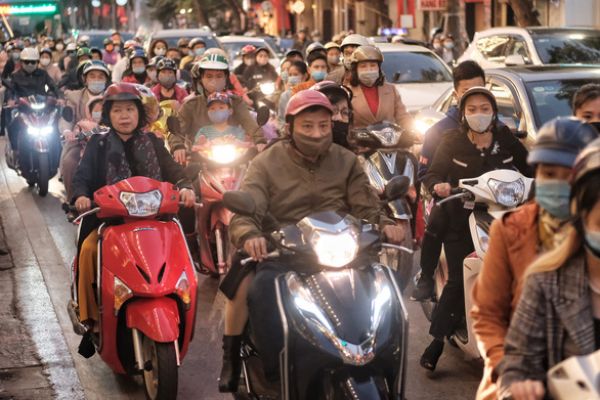
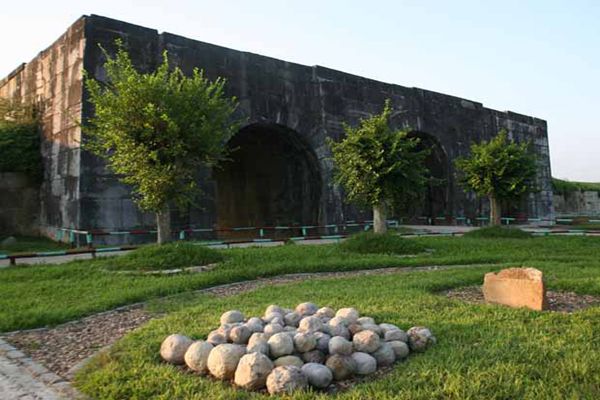
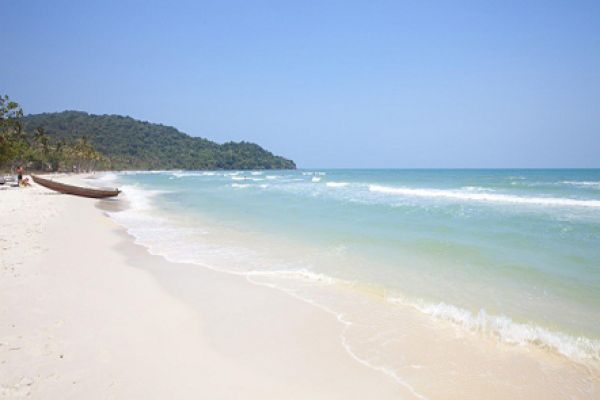
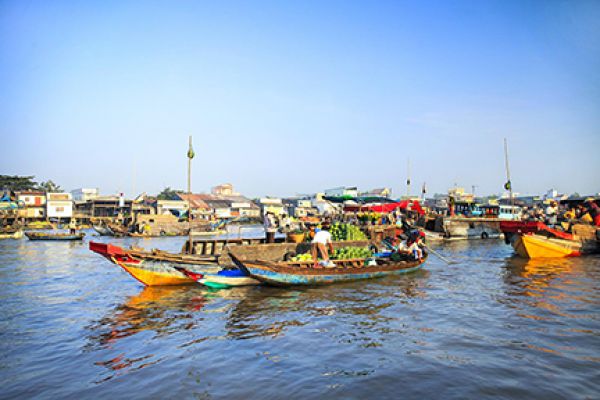
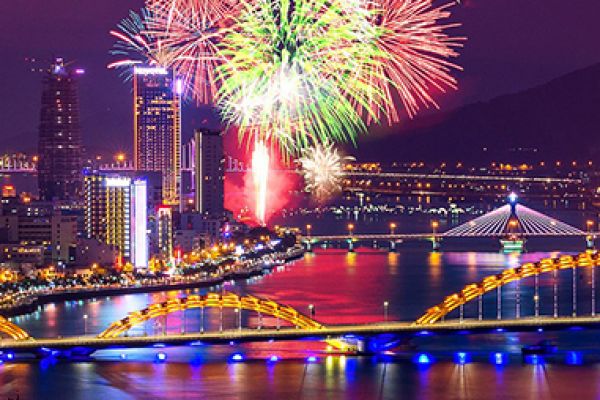

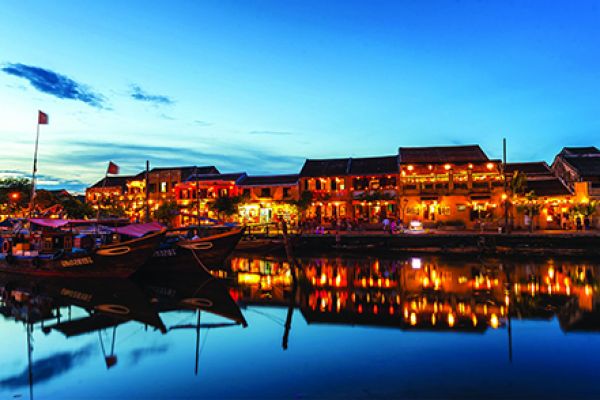
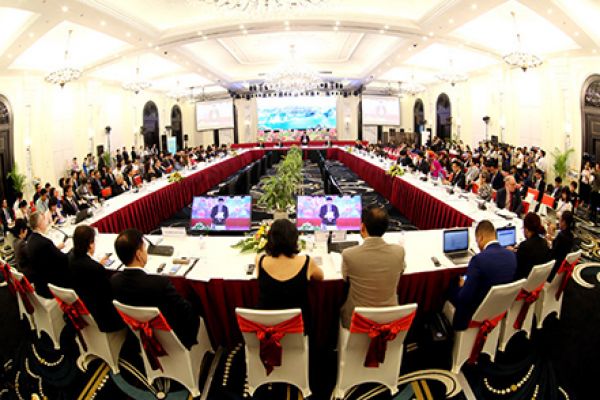
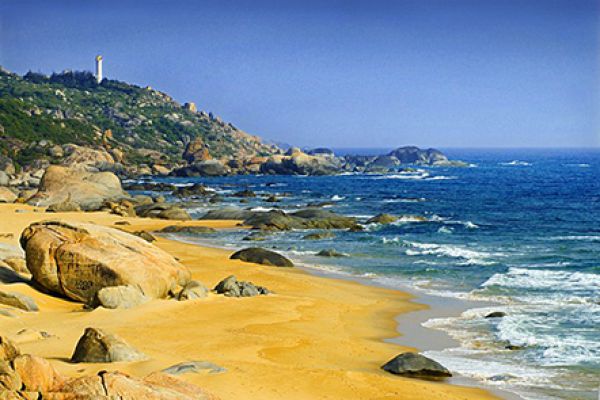
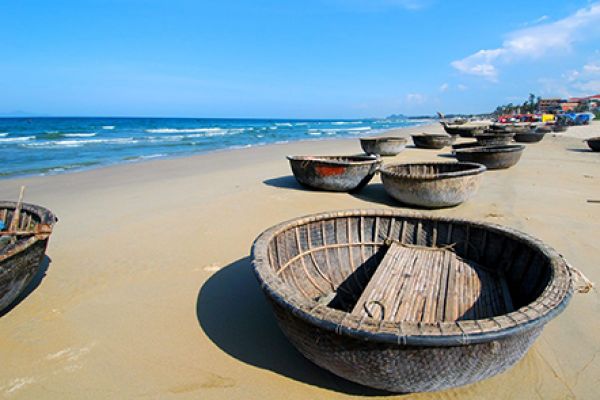
(84-63) 3 826042 – (84-63) 3 511142
No 54 Nguyen Dinh Chieu, Ham Tien Central Mui Ne Beach Binh Thuan Vietnam
523 To Hien Thanh District 10 Ho Chi Minh City Vietnam
Ha Long Halong City Quang Ninh Vietnam
A13 Hung Thong 2 Halong City Quang Ninh Vietnam




